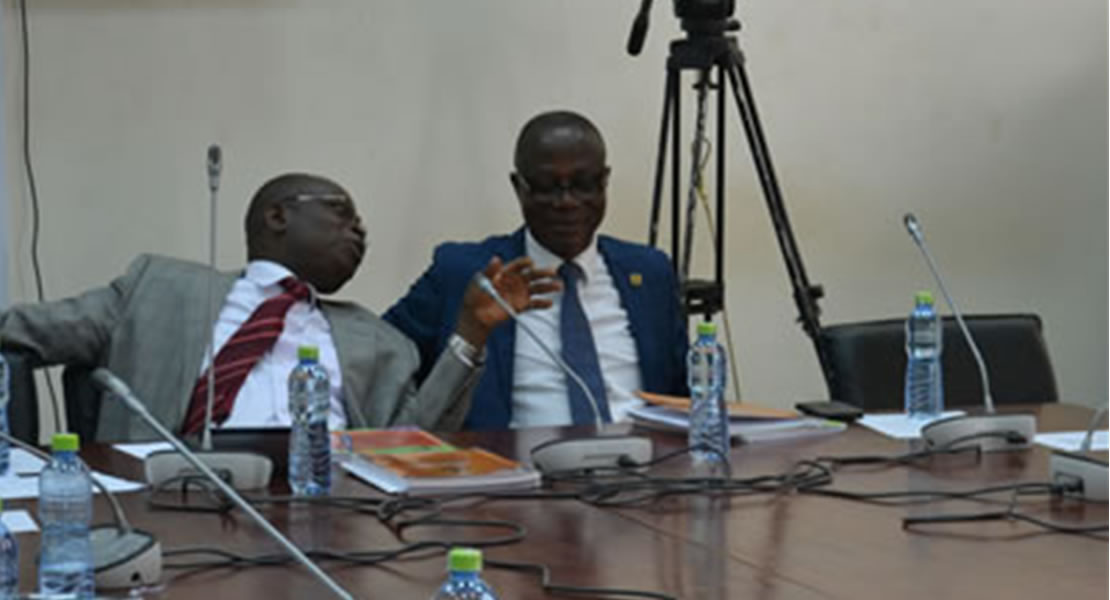
The Public Accounts Committee (PAC) of Parliament would soon summon institutions that have been cited for misappropriating public funds, to reappear before the Committee at a special sitting to provide feedback on actions taken on it’s recommendations.
Chairman of PAC, Kwaku Agyemang Manu told Joy News this that “innovation” was among several steps being adopted by the Committee to ensure that public institutions and office holders were made accountable to the state.
“We have suggested that we are going to do what we called implementation hearing. So two or three months after our recommendations, we will call agencies who have been cited to tell us what they have done about the recommendations that came up”, PAC chairman intimated.
He was reacting to a UN report which indicated that the Committee may lose the support of donors for its work because it has not been able to carry through its recommendations.
The PAC is mandated by Parliament to investigate findings raised by the Auditor General’s auditing of public institutions.
A global parliamentary report released by the United Nations Development Programme, however, revealed that PAC in many African countries have failed to see through the prosecution of public officials found culpable during their sittings.
This, it noted, has largely reduced the committee’s work to a name and shame exercise.
Country director at the Canadian Parliamentary Center, Dr. Rasheed Draman says the development, if not checked would erode public confidence in the legislature.
He further explained that naturally, donors would want to see the best out of resources they invest on institutions.
“If you take the PAC as an example, they make recommendations, they sit in public, talk about the issue and yet you don’t hear anything afterwards. If you are the one putting in resources you will begin to question whether that is proper investment”, Dr. Draman indicated, stressing, “the results have not been impressive to put it bluntly.”
He has therefore charged the PAC to move from doing the public and media talk show and prosecute civil servants, who are found to have misappropriated public funds.
But Mr. Agyemang Manu said he was not “very surprised” about the assertions because people, including the civil society, “don’t listen” to explanations offered by those in authority.
He also disagreed that report would affect PAC’s sources of funding.
Mr. Agyemang Manu conceded that PAC “has a lot of restraints”, which do not allow it to implement its recommendations, blaming the restrains on Ghana’s system of governance – separation of powers
The Executive, precisely the Attorney General, is mandated by law to prosecute people indicted by the PAC, which said explains why committee’s hands were tied to some extent.
He further clarified that Parliament would have to adopt whatever recommendations or action plans the PAC comes up with before they could be implemented.
But Dr. Rasheed Draman thinks PAC could do more than it had explained.
According to him, even if the executive is dragging its feet, Parliament has the power to coerce the Executive to act in order to ensure that resources were used judiciously.
Myjoyonline.com